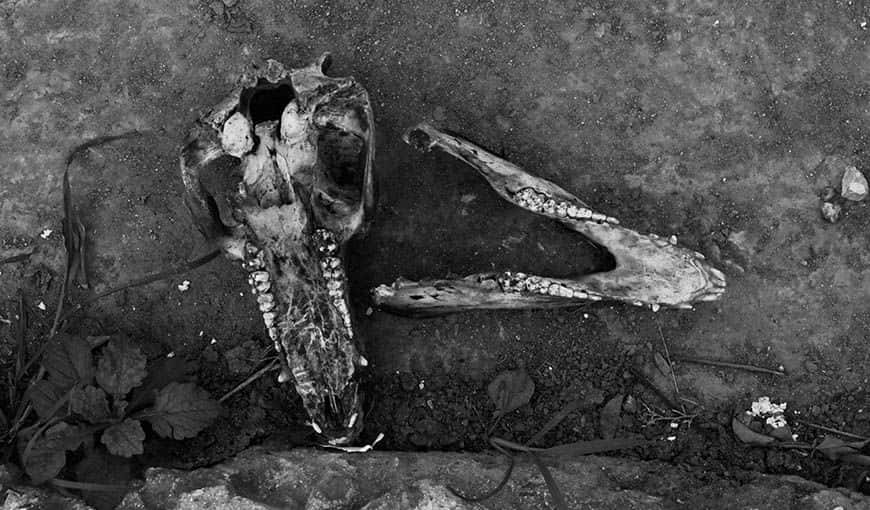Fear is one of animals’, and therefore humans’, main responses in the face of danger. It is a positive emotion when it can be controlled by the person experiencing it, but the roles are reversed if fear dominates, and the results can be catastrophic.
It’s common for many people (especially men) to reject this emotion, as the fear of showing fear is one of the most recurring forms it takes. “Most guapos (bully) are actually people are fearful,” a poet and personal friend, Yoel Issac, told me.
I thought about playwright Virgilio Pinera (who moved away from the image of a guapo and, yet, was like very few people are), when he asked to speak at the National Library on June 30, 1961 and promptly said: “I am afraid, I only know that I am afraid.” Minutes before Fidel Castro, who chaired the meeting (and before the famous phrase “within the Revolution, everything; against the Revolution, nothing), had placed his gun on the table that stood on the platform. Understanding the politician’s gesture, we can claim that the writer’s fear was rational and credible.
A few days ago, I started asking my friends what their most deeply-rooted fear is. MM told me that he is afraid of the possibility of having to emigrate in the future if things in this country get even harder than they currently are.
L is concerned (to the point of being afraid) about her son’s future, who is becoming more and more intelligent and astute. She doesn’t want him to grow up in Cuba, she wants somewhere more prosperous. In contrast, V is afraid that soap will be in shortage and so she buys 20 at a time, or 40, if she can afford it.
JL is afraid of old age and loneliness that might befall her. While YT is afraid of no longer existing, of their existence falling into an empty abyss. And they all ask me the same thing in return: “What are you afraid of?”, and I tell them: “I am afraid of being overcome with fear, that I won’t be able to live, or speak.”
However, I prefer to think about collective fear rather than the individual fear of one or two people, because this is one of the main mechanisms of power, which has been put into practice for as long as power has existed.
“What good is a man if he doesn’t dare to say what he thinks?” I wonder, paraphrasing Jose Marti. “What good is someone who doesn’t dare to act in line with their ideas?” A society paralyzed by fear can’t ever move forward; the country where this happens will drift along with the course traced by those who hold power.
Cuba freed itself from Machado and Batista, and Spanish colonialism before that, because young people during each of these times, weren’t slaves to their fear.
Anyone who has something to lose can be afraid. The anxiety of having or keeping an asset, emotional stability, a united family, can push us up against a wall. But, sometimes, it’s clear that you might lose something even greater, because there isn’t anything good, or stability, or family than can exist or survive when there isn’t a future.
So, our fears need to be faced. Seen and understood in their entirety, so that the tongs in its belly can be a driving force and not a burden. A brave or cowardly society is marked by the braveness or cowardice of individuals who make up society. It’s an internal struggle and it is always harrowing. To whomever takes this struggle on, may you find some solace in these verses by Marti, in his famous poem: Yugo y Estrella (Yoke and star): “And the living was not afraid to live, / It’s rumored that a step further rises in the shade!”.
This article was translated to English from the original in Spanish






